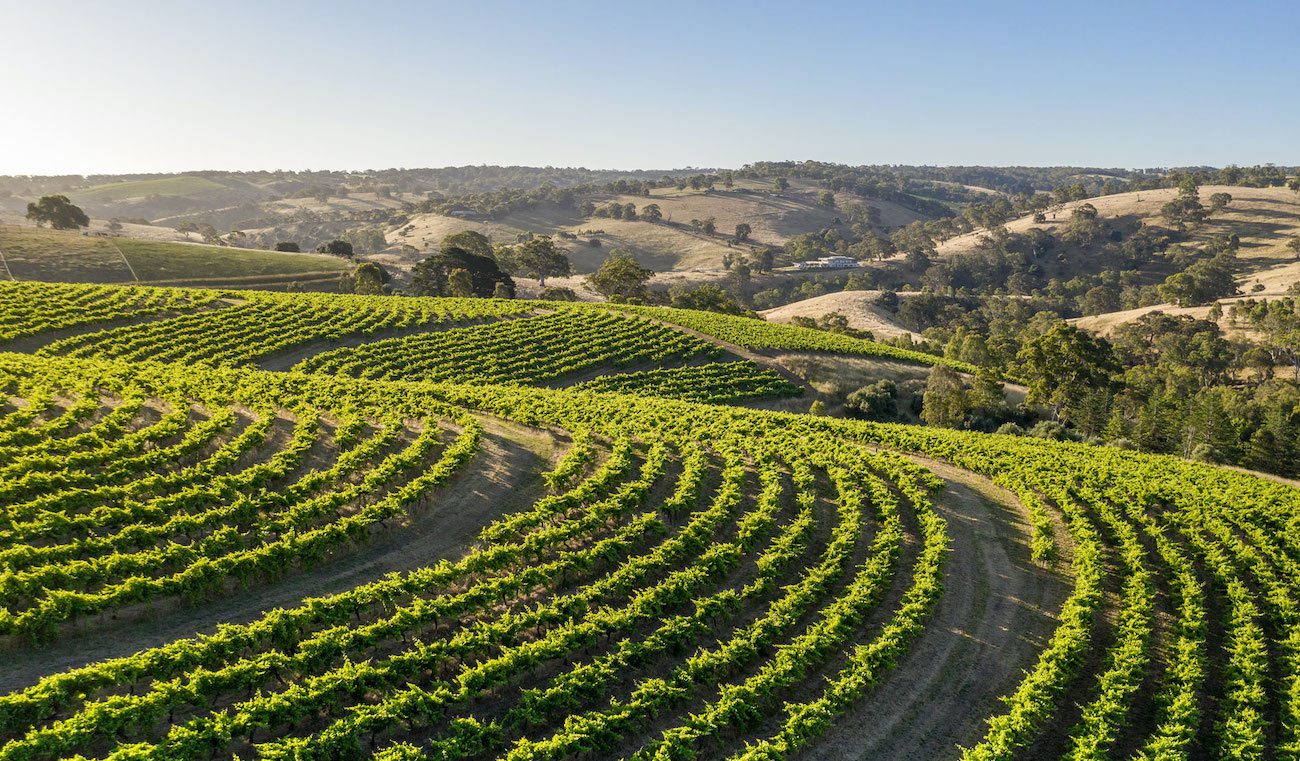
South Australia’s $2 billion wine industry faces “decimation” if long-term biosecurity safeguards are weakened.
That’s according to State Member for Mawson, Leon Bignell, whose electorate includes McLaren Vale and Kangaroo Island.
He says the former Liberal Government proposed bringing the Phylloxera Act and other pieces of legislation into one overarching Biosecurity Act which poses an “unacceptable risk” to South Australia’s 18 wine regions.
The Phylloxera and Grape Industry Board of South Australia – trading as Vinehealth Australia – is an independent statutory authority focusing on grape and wine biosecurity.
The South Australian wine industry is already reeling from the near-total loss of the China market, once worth $1.2 billion to Australia, which has created a crippling oversupply of red winegrapes.
“For 165 years, successive SA governments have been working with grapegrowers and winemakers to promote and protect South Australia’s wine sector through legislation,” Mr Bignell says.
He says Minister for Primary Industries and Regional Development, Clare Scriven – his Labor colleague – is continuing with discussions about the Liberals’ proposal, which could prove “disastrous” for the wine sector if implemented.
“If phylloxera made it into South Australia, then it would make the current China trade tariff crisis look like a hiccup,” Mr Bignell says.
“Those politicians who went before us knew the dangers of phylloxera after the bugs ate their way across Europe, destroying vineyards in France, Germany and other wine countries on the continent in the late 1800s.”
South Australia’s Phylloxera Act dates back to 1889. “It needs to be retained because phylloxera is to the wine sector what foot and mouth disease is to the livestock industry,” Mr Bignell says.
“The wine sector is worth more than $2 billion a year to the SA economy as well as being a huge part of our $8 billion a year tourism sector.
“Tens of thousands of workers, thousands of grapegrowers and more than 600 wineries need confidence that everything is being done to keep phylloxera out of South Australia.
“I urge everyone in the wine industry to speak up and send a message to the Minister that we want an increase rather than a decrease in protection for our old vines – some of the oldest in the world – and our vital South Australian wine sector.”
Vinehealth Australia has been lobbying the wine industry for more funds, from $740,000 a year to $1,380,000.
Funding comes from mandatory contributions paid by vineyard owners of $9.50 per hectare, with a minimum of $50. There has been no change to this rate since 1996.
“Funding constraints are restricting Vinehealth’s capacity to support you to the level required to respond to the increasing biosecurity pressures your vineyards face,”
Vinehealth says in a Funding Review Consultation Paper.Minister Scriven today (Wednesday) rule out any changes.
“In December last year, industry and stakeholder feedback was invited on a public consultation summary prepared, but never released, in 2020 for the development of a Biosecurity Bill,” she says.
“Having considered the feedback received from the community, the Government will not be proposing to incorporate the Phylloxera & Grape Industry Act into a draft Biosecurity Bill.
“We believe the Phylloxera & Grape Industry Act has served the wine industry well and will continue to do so.
“I want to thank the Member for Mawson Leon Bignell for his advocacy on behalf of his community.”
Photograph: Hickinbotham vineyard in Clarendon.
Further reading
Phylloxera Tour Brings Outbreak Risk Into Sharp Focus For Tyrrell’s
Winemakers and Grapegrowers on Phylloxera Tour of The Yarra Valley



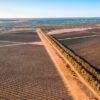


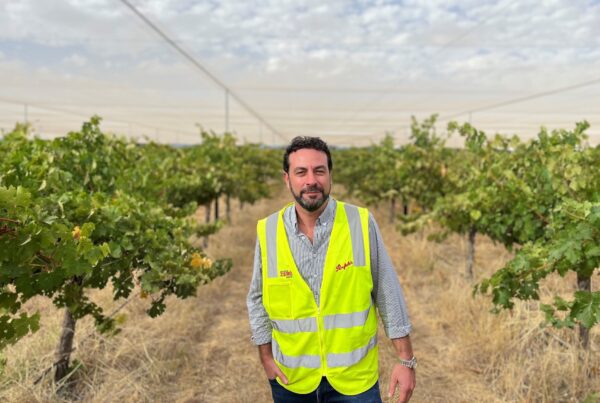
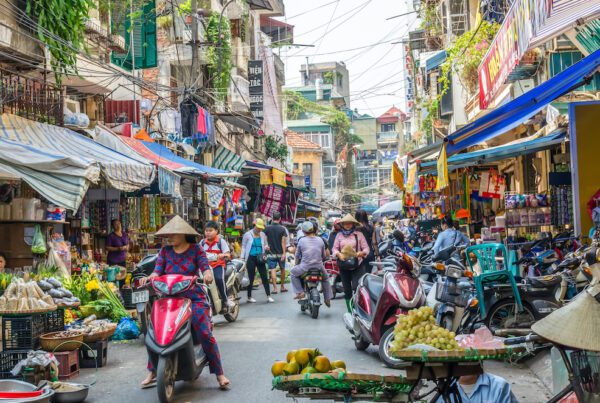
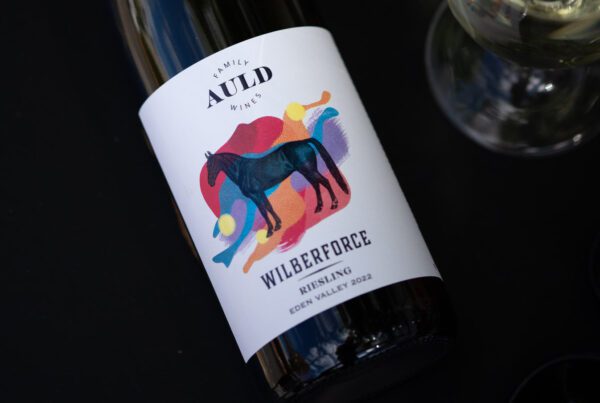
Excellent that we have Leon taking a big stance.